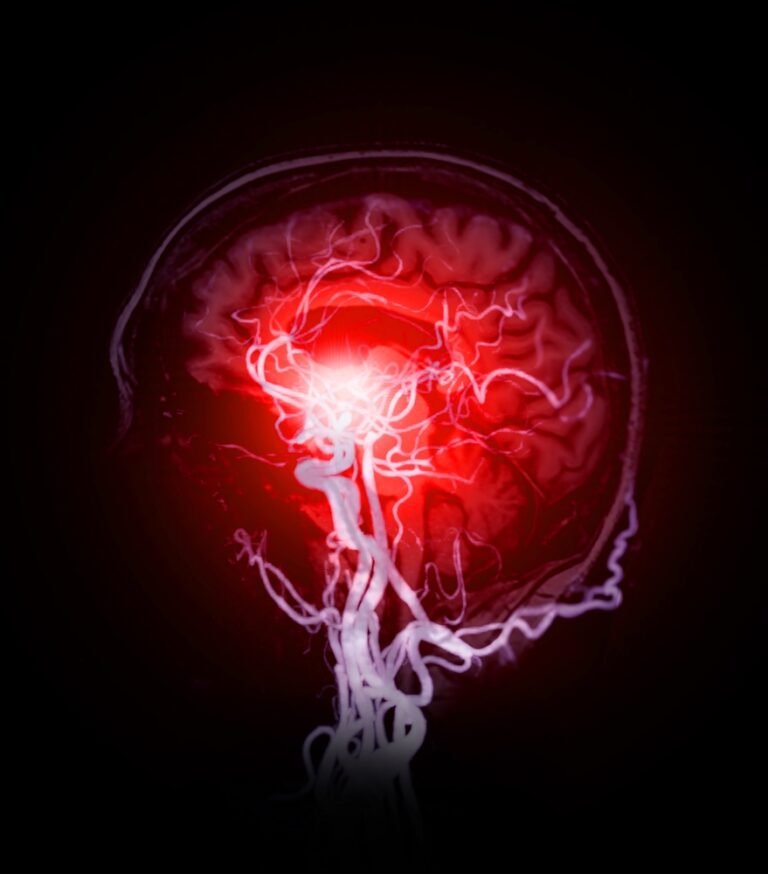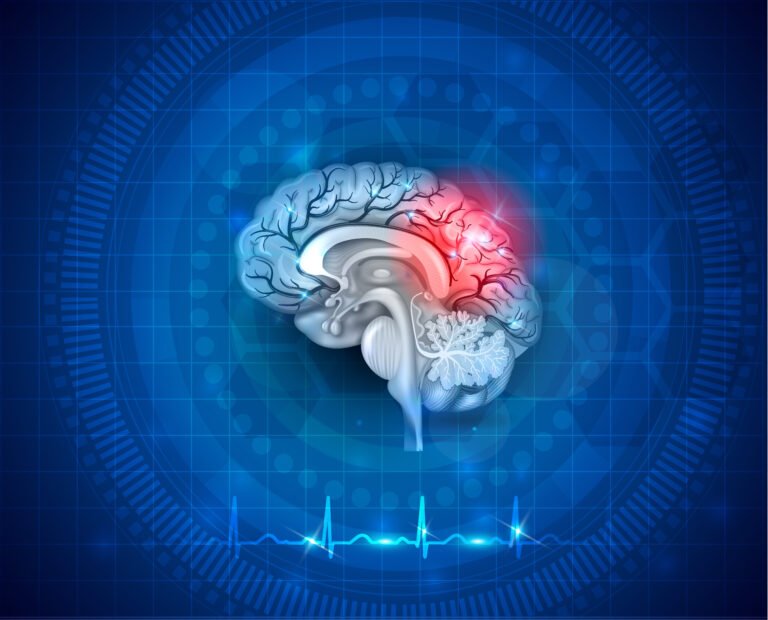Follow us and share.
Chest Pain, Shortness of Breath, and More: How to Identify a Cardiac Emergency
Discover the warning signs of a cardiac emergency and when to seek immediate medical attention. Learn to identify signs of heart problems and protect your cardiovascular health.

The Importance of Prevention in Cardiovascular Health
Heart disease remains the leading cause of death worldwide. However, many of these diseases can be prevented with lifestyle changes and appropriate medical treatmentsMaintaining a balanced diet, exercising regularly, managing stress, and following medical advice are key factors in maintaining a healthy heart and reducing the risk of serious cardiovascular conditions.
In this article, we explore the most effective strategies for preventing heart disease by combining healthy habits and proper medication use.
Healthy Eating for a Strong Heart
Diet plays a fundamental role in heart health. Eating nutritious foods helps maintain cholesterol levels, control blood pressure, and prevent obesity—three key factors in preventing cardiovascular disease.
📌 Tips for healthy eating:
- Increase consumption of fruits and vegetables, rich in antioxidants and fiber.
- Choose healthy fats, such as olive oil, avocado and nuts.
- Reduce salt and sugar consumption, avoiding processed foods.
- Opt for lean proteins, such as fish, chicken and legumes.
- Limit consumption of saturated and trans fats, present in fried and ultra-processed foods.
American Heart Association – Nutritional tips for cardiovascular health.
Physical Activity as an Ally of the Heart
Regular exercise strengthens the heart muscle, improves circulation, and reduces the risk of hypertension, obesity, and diabetes—three of the main risk factors for heart disease.
📌 Recommendations for an active life:
- Do at least 150 minutes of moderate exercise a week, such as walking, swimming or cycling.
- Incorporate strength and endurance exercises, such as weights or elastic bands, twice a week.
- Avoid a sedentary lifestyle, getting up and moving around every hour if you work sitting for long periods.
WHO – Benefits of physical activity on cardiovascular health.
Stress Management and Healthy Habits
Chronic stress can increase blood pressure and promote cholesterol buildup in the arteries, increasing the risk of heart disease. Learning to manage stress is a key tool in cardiovascular prevention.
📌 Strategies to reduce stress:
- Practice relaxation techniques, such as meditation and deep breathing.
- Sleep between 7 and 9 hours daily to improve cardiovascular function.
- Avoid excessive consumption of alcohol and caffeine, as they can increase anxiety.
- Maintain healthy social relationships, which reduces the negative emotional load.
Mayo Clinic – Stress management techniques and cardiovascular health.
The Importance of Medication in Cardiovascular Prevention
In some cases, lifestyle changes aren't enough to control cardiovascular risk factors. Medication prescribed by a doctor plays a key role in the prevention and treatment of heart disease.
📌 Types of medications most commonly used for cardiac prevention:
- Antihypertensives: They control high blood pressure and reduce the risk of heart attacks and strokes.
- Statins: They help reduce cholesterol levels and prevent plaque buildup in the arteries.
- Anticoagulants and antiplatelet agents: They prevent the formation of blood clots, reducing the risk of thrombosis.
- Beta-blockers and calcium channel blockers: They regulate heart rate and improve heart function.
CDC – Guide to medications for cardiovascular diseases.
Habits You Should Avoid to Take Care of Your Heart
In addition to adopting healthy habits, it is essential to eliminate behaviors that increase the risk of cardiovascular disease.
🚫 Risk factors to avoid:
- Smoking: It increases blood pressure and damages arteries.
- Sedentary lifestyle: It contributes to overweight and metabolic diseases.
- Diet high in saturated and trans fats: It raises bad cholesterol and the accumulation of arterial plaque.
- Excessive alcohol consumption: It can increase blood pressure and affect heart health.
WHO – Risk factors for cardiovascular diseases.
Conclusion: Preventing Heart Disease is a Life Choice
Caring for your heart does not depend on a single action, but on a combination of good habits and, in some cases, the proper use of medicationPreventing cardiovascular disease begins with small lifestyle changes that, over the long term, can make a big difference in overall health and well-being.
🌟 Advice: Don't wait until you have symptoms to take care of your heart. Eat a balanced diet, stay active, reduce stress, and follow medical advice to protect your cardiovascular health.



